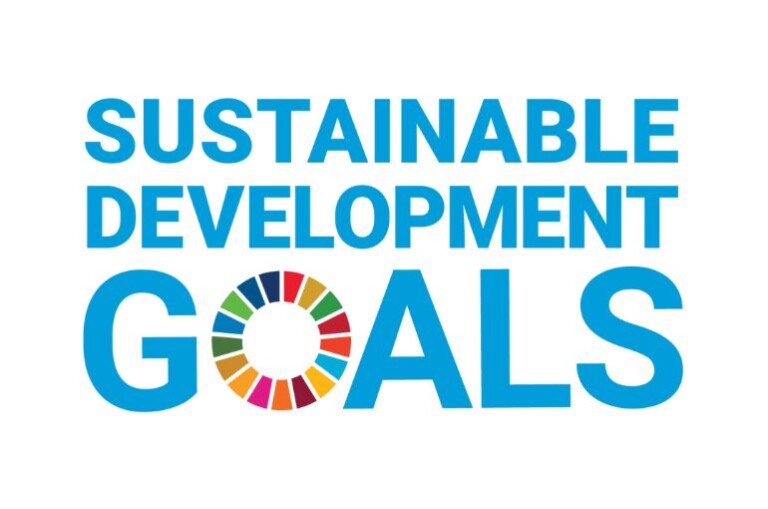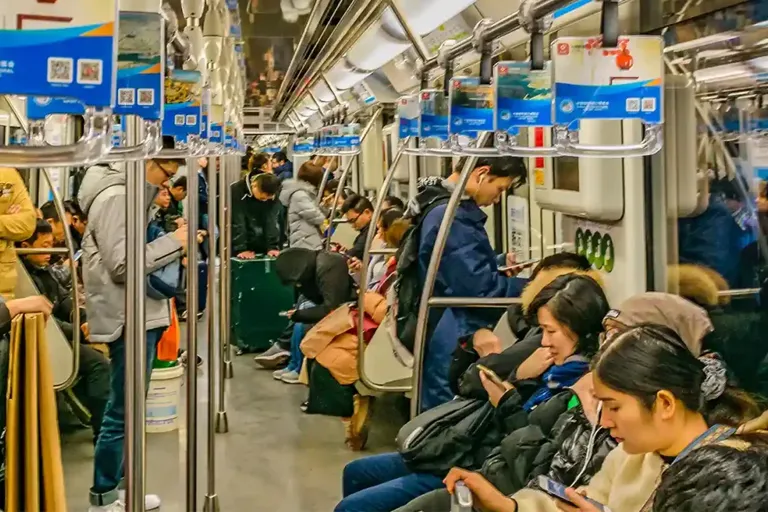Track Focus: Technology

Join us for four days of discussions and insights covering all modes of public transport through 6 session tracks. Hear from the leading voices in the public transport sector as they share their experiences, ideas and vision for the future.
The full programme of activities is now available.


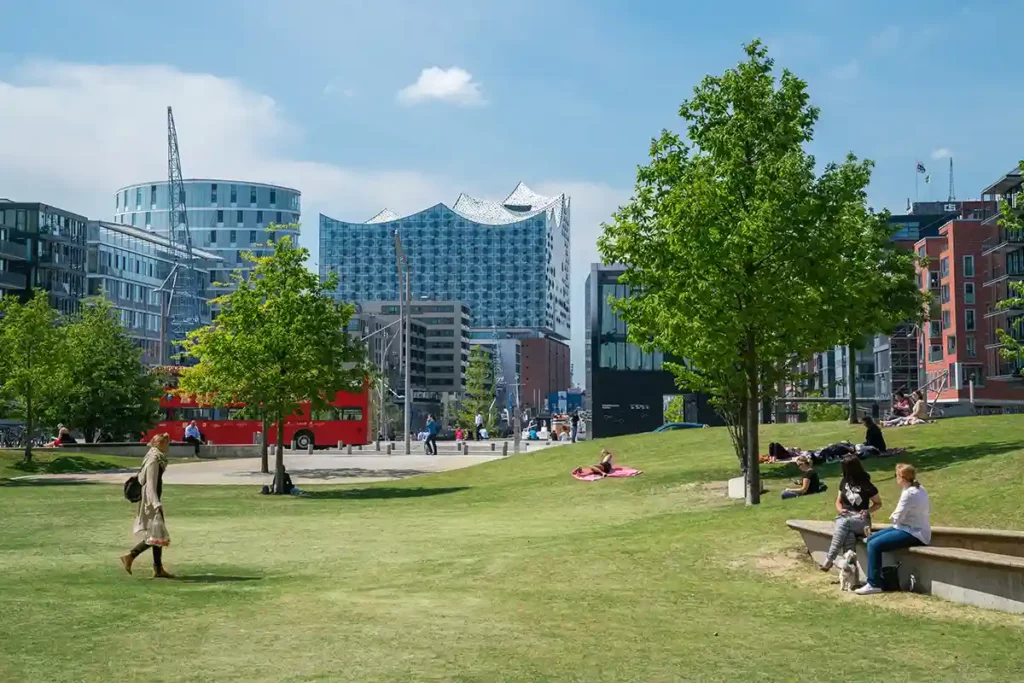
Meeting international climate commitments for our cities requires an ambitious, multi-faceted set of policies that focus on transport, energy and infrastructure.
These policies must contribute to reducing emissions and deploying new sustainable public transport models in terms of governance, financing or pricing.
Photo credit: © Mediaserver Hamburg/Andreas Vallbracht
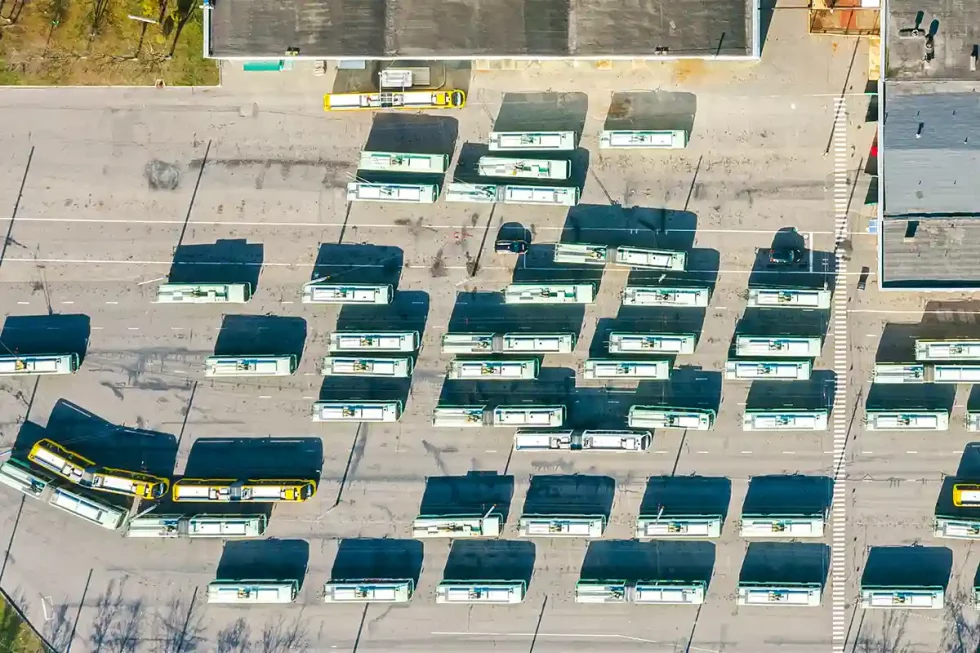
Adapting services to the local context is an important action to best serve the needs of our passengers. By operating locally, public transport operators, authorities and industry can unite to propose operations that respond directly to local needs.
From demand management and maintenance to deploying services, local and custom modes can be delivered directly to the passenger in a service tailored for their needs.

Sustainable urban mobility should be the mantra for all those who choose urban living as their preferred lifestyle.
By encompassing different approaches to public transport that favour environmentally friendly, socially responsible and economically viable modes of travel, we can integrate convenient mobility options into our everyday lives.
With options for all ways to travel, through on-demand transport, MaaS, multimodality, active mobility, and more, we can create convenient, passenger-centric travel as the inclusive way to move for everyone.
Photo credit: © Mediaserver Hamburg / Christian Brandes
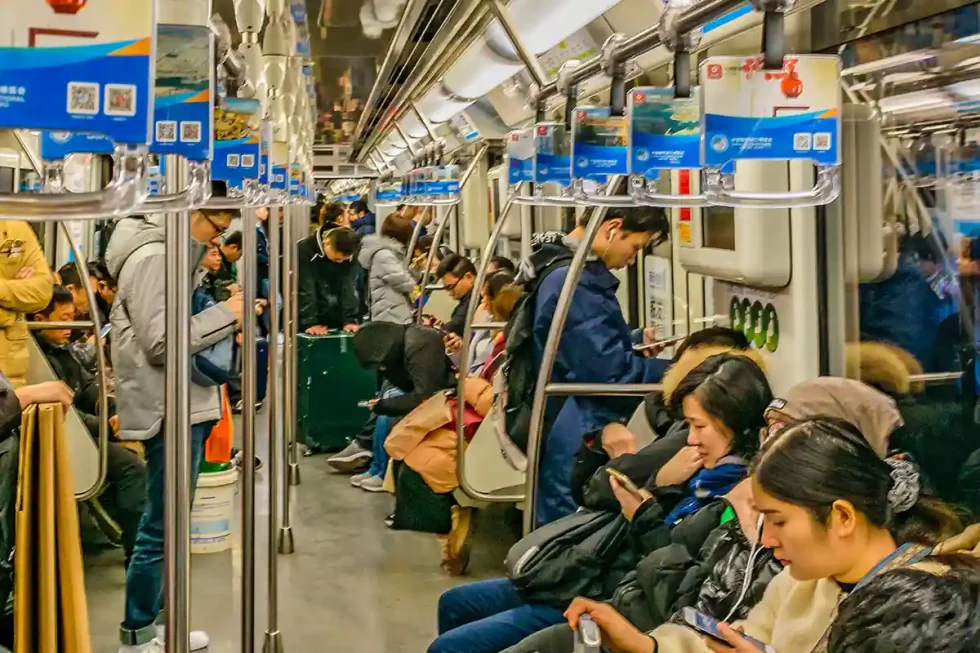
It is the people within public transport that make our sector the vital service it is to our communities. By placing a focus on individuals and communities we can refer directly to the values, needs and well-being of passengers and employees.
Mobility is an essential aspect of social inclusion, as well as an important pillar of public transport services. The people- and community-centered approach takes into account social aspects such as workforce management, diversity and inclusion, safety and affordability.
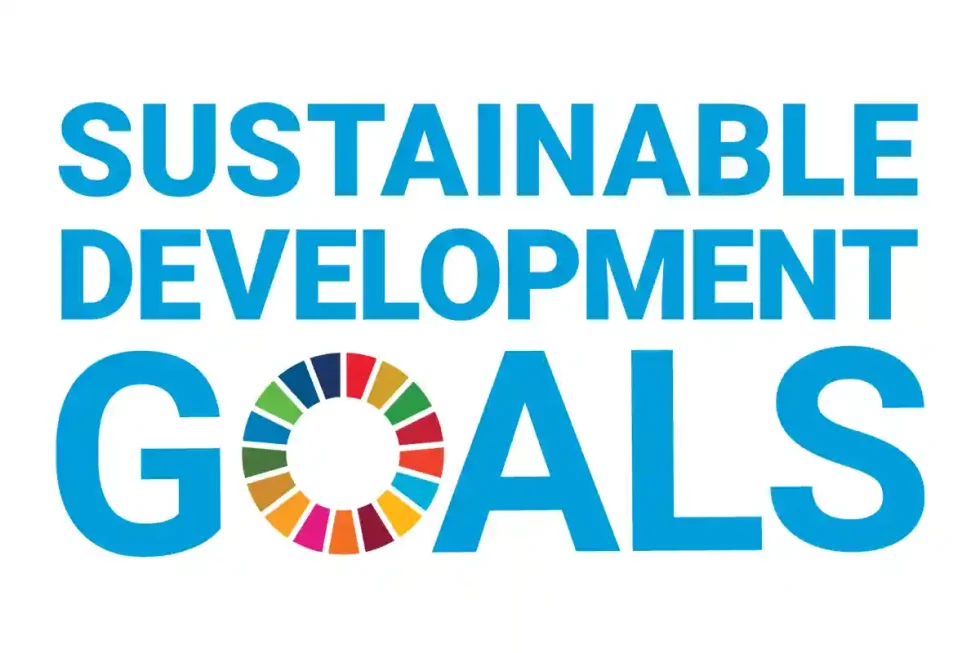
Public transport contributes directly to 14 of the 17 United Nations Sustainable Development Goals (SDGs) and the positive impact our sector has by helping our cities achieve their sustainability targets.
Climate action is crucial, and public transport can play a leading role in contributing to more resilient and adaptable cities for everyone. With thoughtful land-use planning, the necessary tools can be provided to implement the SDGs at the local level.
This alignment is facilitated by resilient infrastructure, intramodal hubs, urban planning and public spaces, as well as ongoing adaptation to climate change.

With emerging technologies, public transport can adapt to the latest challenges and the newest opportunities for society, the economy, and our climate.
Technological innovations are transforming the sector by examining the latest developments and their potential impact.
With the conversation growing around Artificial Intelligence, we need to focus on cybersecurity, fleet electrification and the challenges around climate change adaptation, ticketing and new lifestyle trends.

